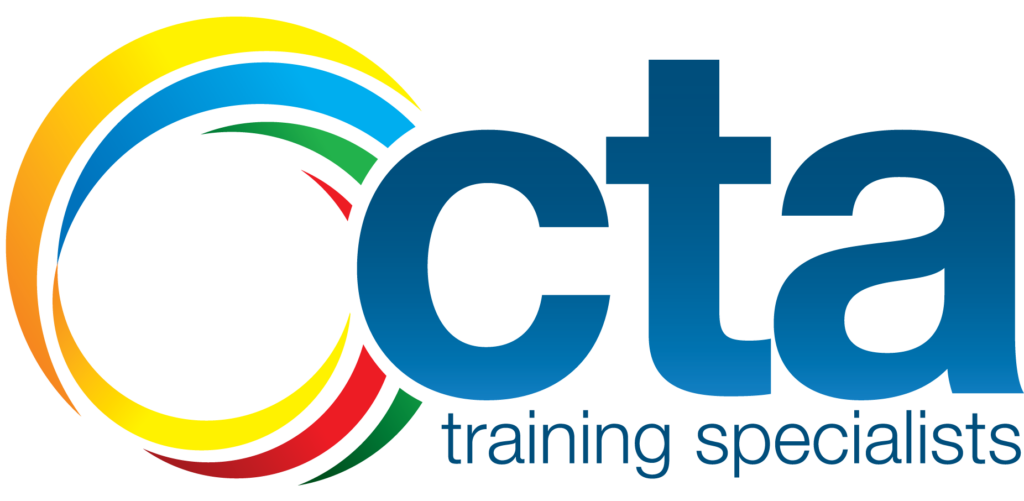The Responsible Management of a Licensed Venue (RMLV) is a certification that is required by all approved managers of businesses that handle, sell, or serve alcohol in any capacity.
The RMLV certificate can be accessed through Registered Training Organisations, also known as RTOs, and is delivered through face-to-face classes or via teleconference/online.
The RMLV training course has a prescribed period of completion for both face-to-face course and online training, which is ten consecutive hours in a day. Once the course student has completed the training, they will be assessed for qualification. If the student successfully passes, they will be provided with a copy of their certification via email once the certification is processed. The original copy of the certificate is also mailed to the student through the post.
A critical reason for the mandating of RMLV as a requirement for licensed venue managers is risk management; specifically, the management of risks associated with alcohol and alcohol-related activities. The RMLV course training aims to encourage approved managers, licensees, and managers to conduct their businesses responsibly by sticking to the guidelines set out by the legislation governing alcohol availability and consumption.
What risks are present if a business doesn’t comply with the Liquor Act? There are many risks associated with not complying with the Liquor Act. Below are the main risks that a business will be left vulnerable to, should they not comply with the Liquor Act contents.
COMPLAINTS – Businesses that don’t adhere to the Liquor Act guidelines are prone to receiving complaints due to their non-compliance. Without compliance, these businesses are exposed to liability, meaning they will have no defence against complaints whether or not these complaints are warranted. When a liquor licensed business does not have an RMLV-certified manager on duty, the business is also at risk of being legally exploited through complaints.
ADVERSE PATRON BEHAVIOUR – Adverse patron behaviour is when patrons act in ways that are disruptive or harmful to the community. These behaviours may include aggressiveness, lewd gestures, and rowdiness. Businesses that are being operated by managers who aren’t RMLV-certified are at risk of handling these disruptions poorly, as they will be lacking the knowledge necessary for mitigating or avoiding these scenarios.
The RMLV QLD certification course trains managers on how to handle situations that involve disruptive behaviours from patrons, which is why it’s necessary for managers to have the training. This also protects the business from complaints of the refusal of service if the patron needs to be removed from the premises or venue.
ESCALATING LEVELS OF VIOLENCE – One risk that comes with drinking alcohol is the possibility of violence occurring within the venue or premises. Alcohol lowers inhibitions in most people, which can affect their behaviour negatively. In these instances, the lack of RMLV training can lead to a poor de-escalation of a possible violent situation. The manager must have trained or imparted knowledge to the staff on how to appropriately act if violence cannot be avoided despite the staff’s best efforts.
This is why it’s imperative for liquor licensed businesses to have RMLV-certified managers on staff, and the RMLV training will assist them greatly in handling volatile situations, as well as recognising when to involve the local authorities for the safety of everyone involved.
For those interested in learning more about the related risks involved in RMLV non-compliance, stay tuned. CTA Training Specialists have more articles in store for the future.
As well, for those looking to enroll in RMLV, contact CTA Training Specialists today for available training dates or click here.
